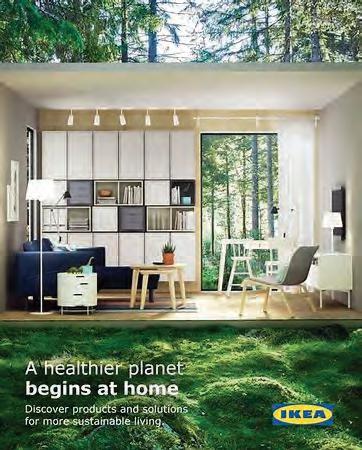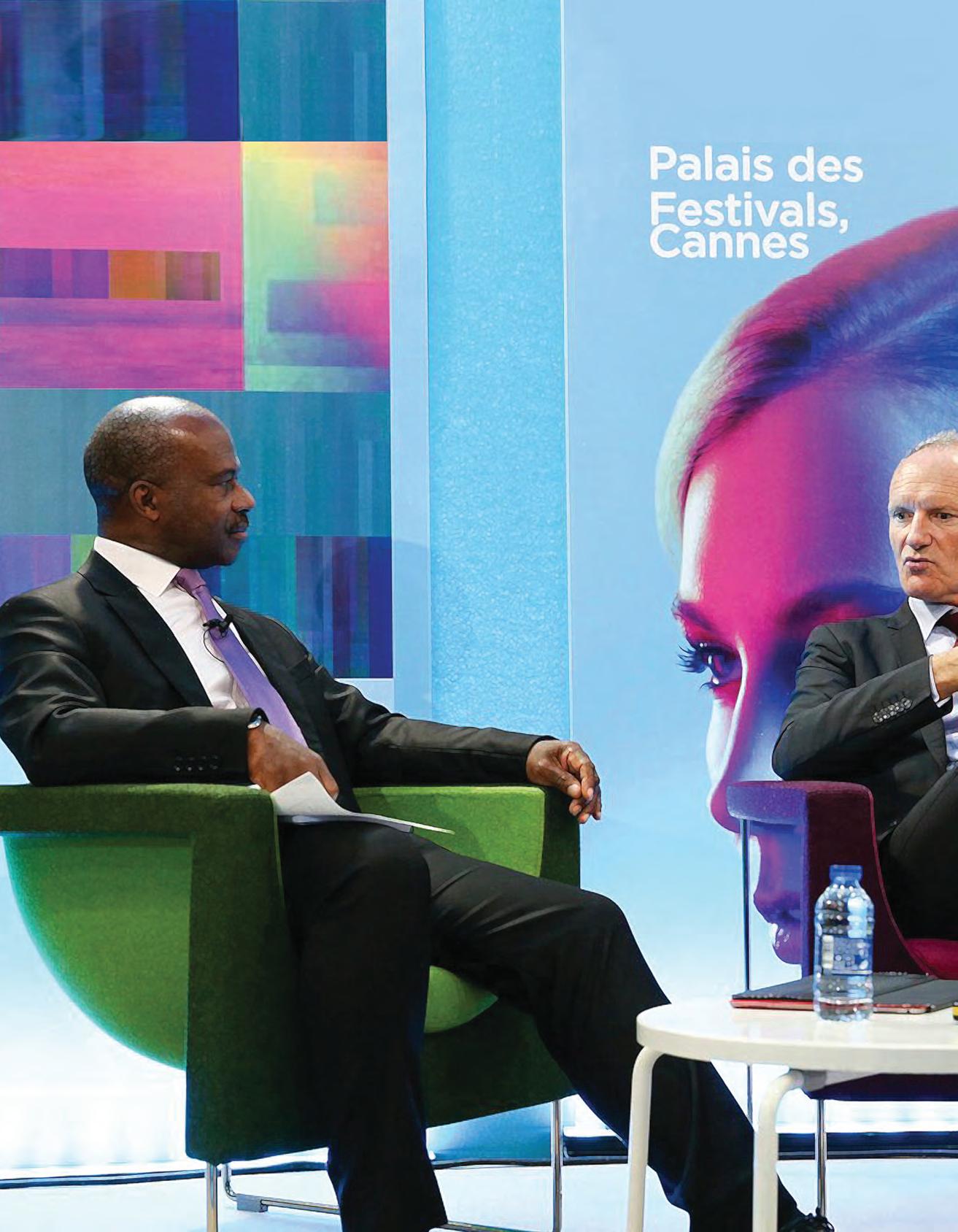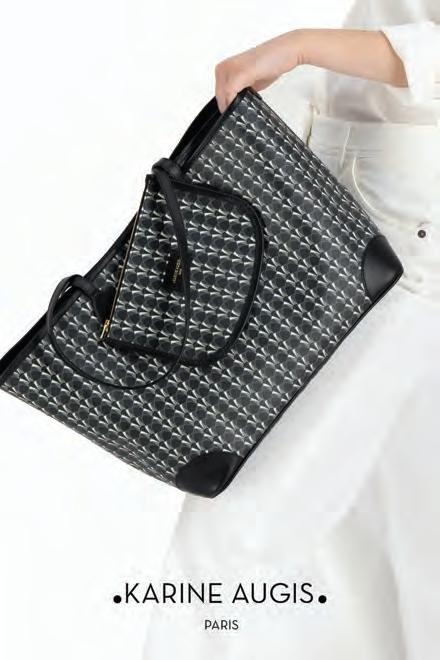
3 minute read
ONE Question
from International Retail Magazine: Joseph Coradino, CEO of PREIT | Second Quarter 2023 | April*May*June
Sustainability is a big focus in the real estate and retail industry and it’s become more important to the consumer as well.
What is your business doing to further your sustainability goals and how are you communicating that to the customer?
Advertisement
My background as a communicator and founder of a B2B magazine, URBAN’ETIK in 2009, a publication dedicated to sustainable development, made me aware of the issues our world was going to face.
Thus, when I developed my leather goods brand in 2019, sustainable development was already in my DNA. It is with great conviction that I wanted to develop a product committed to sustainable fashion.
My 3 objectives when I created my company were to be eco-responsible on: the raw material, transport and the recovery of our waste.
After 18 months of R&D, our brand was able to distinguish itself by creating its own raw material: an environmentally friendly coated canvas. It meets the Oeko-Tex and Reach standards. Our coated canvas is PVC-free, solvent-free and phthalate-free.
Also, our manufacturing process is zero waste. The inherent waste in the manufacture of the coated canvas is treated and recycled by specialized and approved companies.
Finally, all operations requiring unique know-how for the production of our coated canvas are carried out by workshops in France in a short circuit.
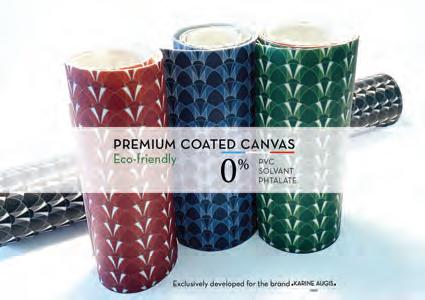
Making sustainability a priority is our communication principle. Demonstrating to consumers that it is possible to produce responsibly is our commitment.
In an industry responsible for almost 10% of global carbon emissions, HOLM has two purposes: To prevent fashion waste and to delight our customers.
The good news is we know how to delight customers. We've developed the science behind finding clothes every'body' will look great wearing. Worthwhile doing, because in the U.K. 30-60% of the average wardrobe (men as well as women) is filled with clothes we don't wear. That's a lot of waste.
HOLM recently launched My Secret Stylist. For U.K. consumers initially, with the US market firmly in their sights next. Starting with womenswear with menswear to follow, it's a digitized version of a personal stylist. A system built by an expert you can trust to help you find clothes you look (and feel) great wearing. Just way more affordable and accessible for everyone (because of the automation and 24/7 access online) and specifically designed to create a 'closet of clothes you wear'.
As their founder (and also the brains behind the system) Cristina Holm puts it, "there's nothing more personal than your knicker drawer. Therefore, through gaining and never breaking this trust with our customers, we have a strong platform from which to help them make even better choices. Key to this, we will always do so with our customer's permission".
Since the single biggest factor in determining a garment's environmental impact is the number of times it’s worn this is where our two 'purpose' stars align, creating a genuine benefit for consumers. It just so happens the planet is also a major beneficiary.
Steve Johnson HOLM My Secret Stylist
Since the single biggest factor in determining a garment's environmental impact is the number of times it’s worn, this is where our two 'purpose' stars align.
Creating a genuine benefit for consumers is what we do. It just so happens the planet is also a major beneficiary.
Everlane is perhaps one of the most popular sustainable fashion brands, and for good reason. The brand’s commitment to transparency allows consumers to research the ins and outs and find that 97% of Everlane’s apparel materials containing polyester and nylon are now made from certified recycled fibe r100% of its virgin plastic shipping bags are now made from either 100% recycled plastic or FSCcertified paper and its jeans are made in a LEED-certified factory that recycles 98% of its water.
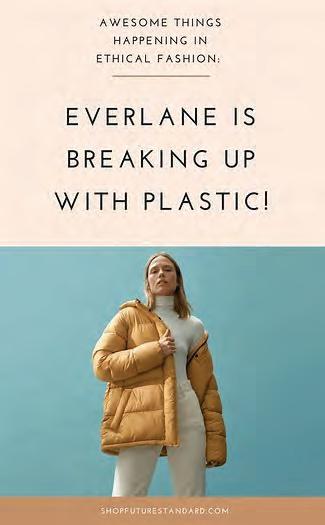
Ikea has been a long-standing sustainability leader among retailers. It has been among the most dedicated of companies when it comes to the environment, investing consistently in initiatives from developing environmentally friendly resources to mounting solar panels installation on the roofs of its facilities.
Sustainability has been a principle adopted by Ikea and a factor that has kept it relevant as new generations of furnishings shoppers have come on the scene.
While we see an upward trend across younger generations integrating sustainability habits into everyday life — Gen Z, Millennials, Gen X — overall 75% of shoppers engage in sustainable practices,” she said. “We are excited to see that our customers are aligned with us and our goals of being people and planet positive.
